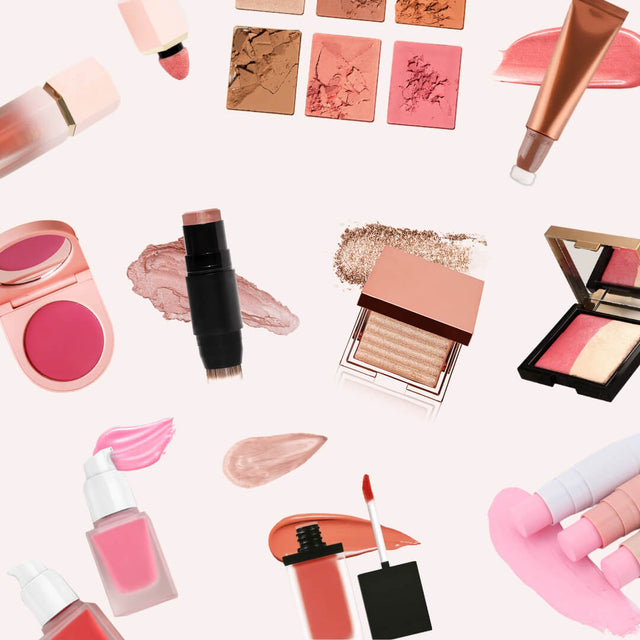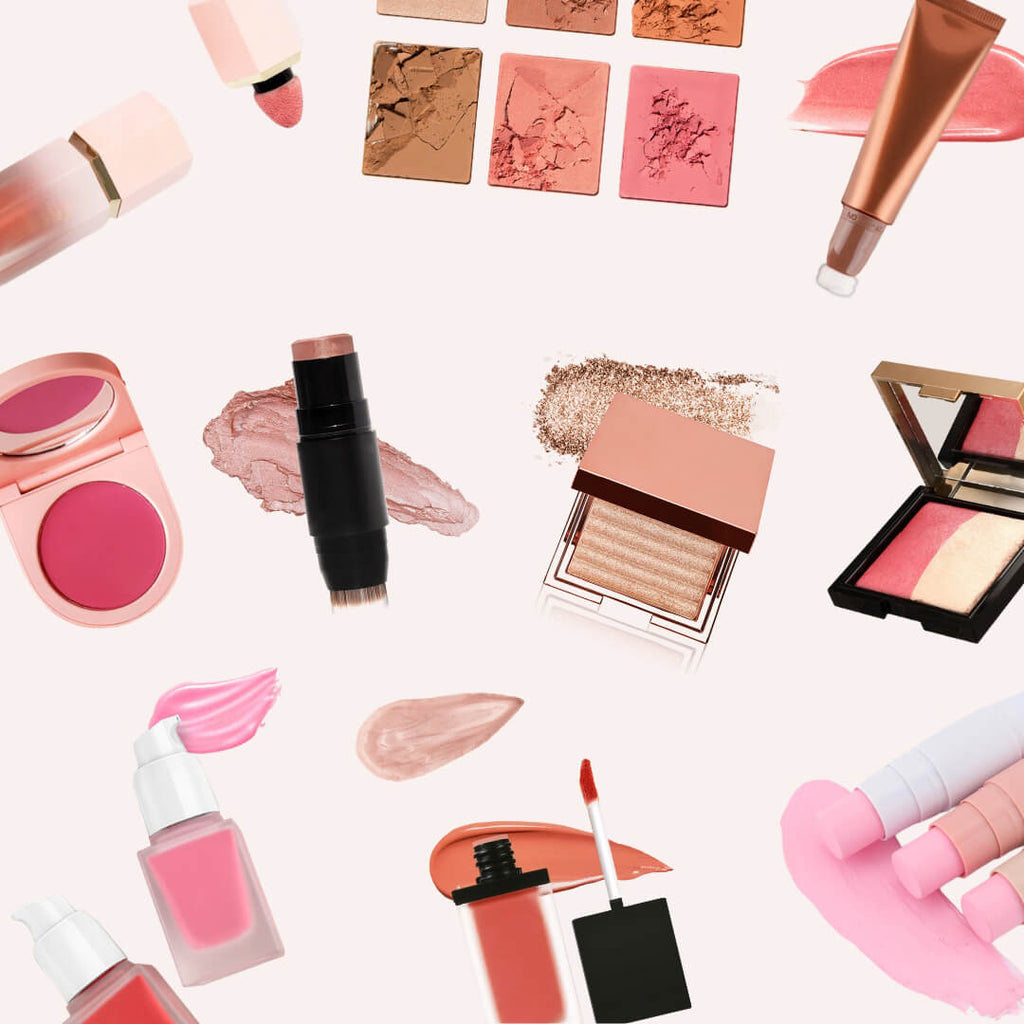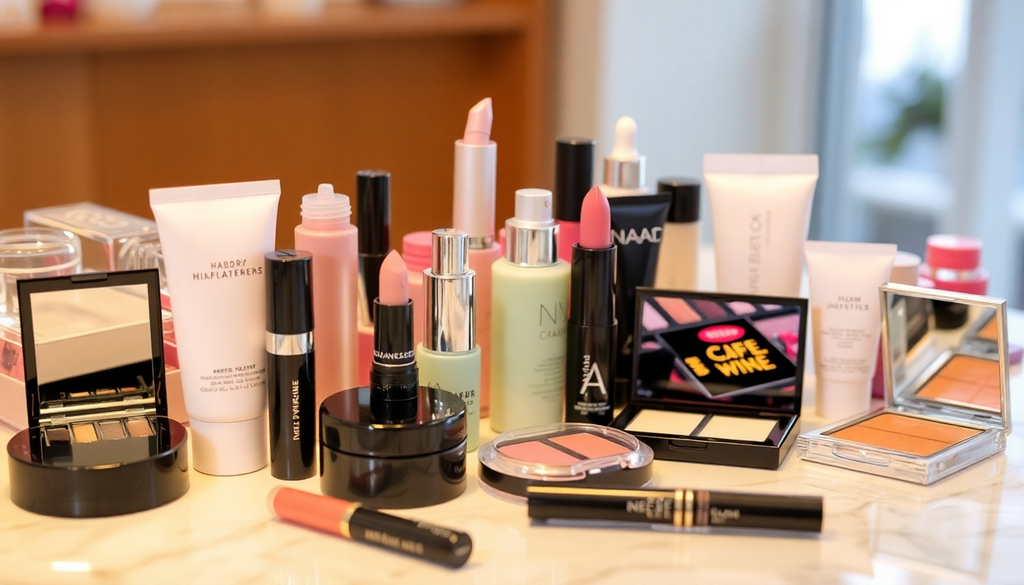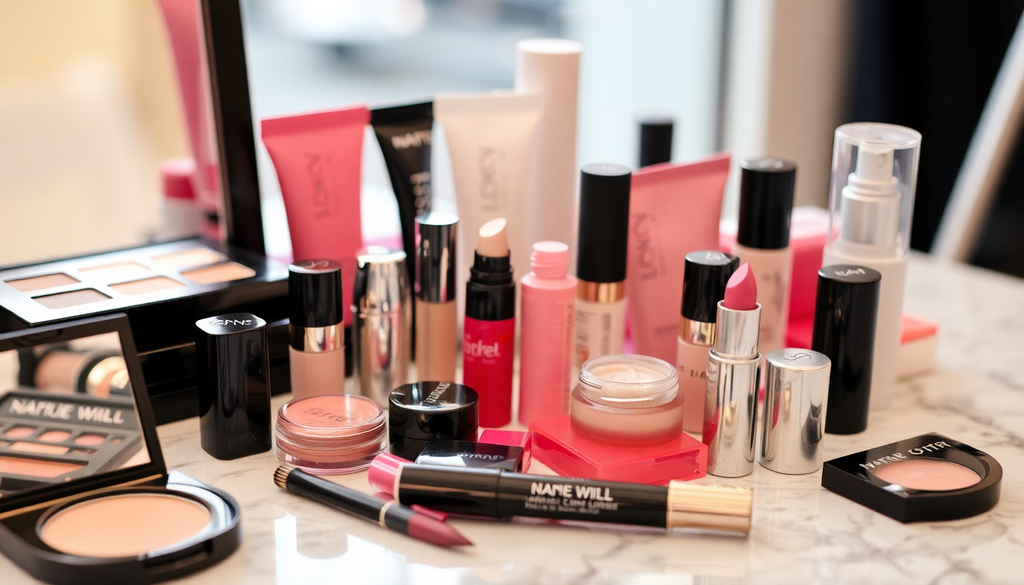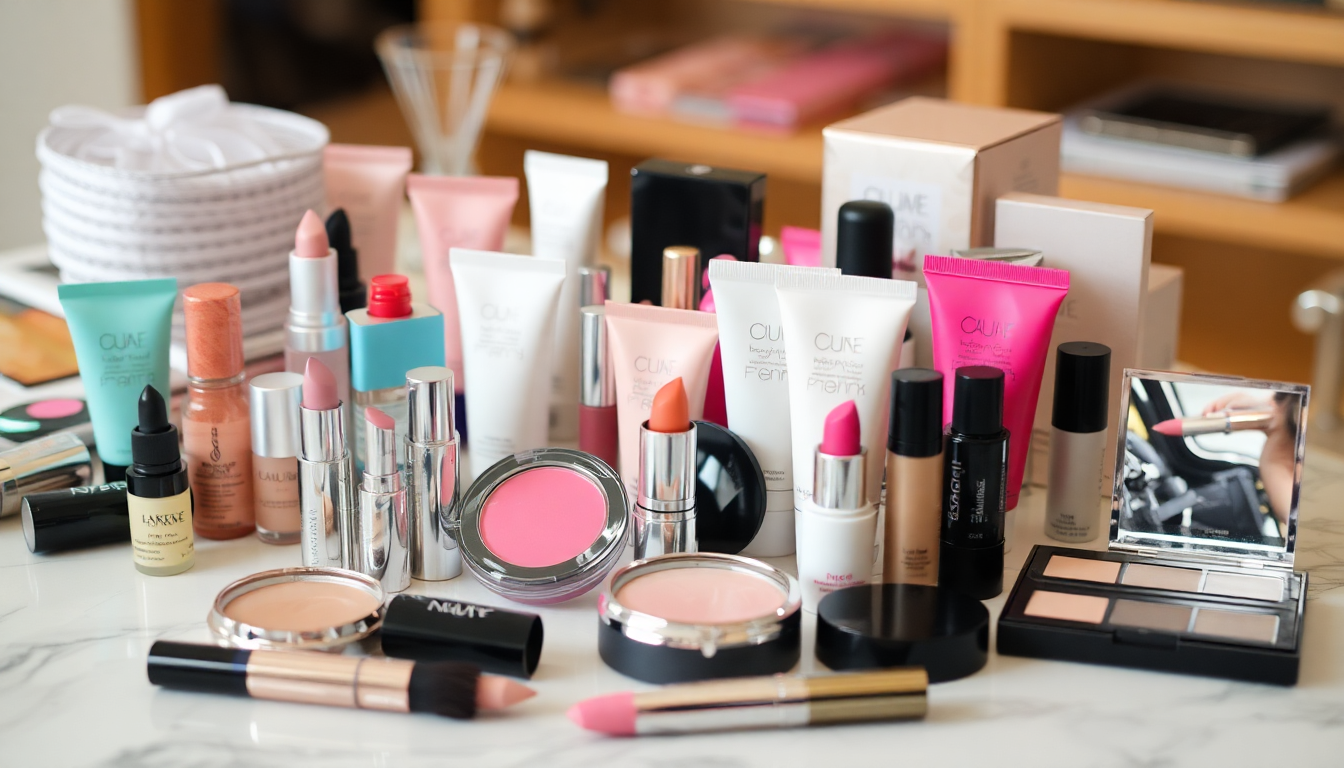
Navigating the Cosmetics Landscape: A Comprehensive Guide to Starting Your Private Label Makeup Brand in 2025
Introduction
Starting a private label makeup brand is an exciting and potentially lucrative venture. In 2025, the cosmetics landscape is more competitive than ever, but with the right strategies and knowledge, you can carve out a niche in this dynamic industry. This comprehensive guide will help you navigate the essential steps to launch your private label makeup brand successfully. From understanding market trends to marketing strategies, we’ll cover everything you need to know to set up your business effectively.
Understanding the Cosmetics Market
The first step in establishing your makeup brand is understanding the cosmetics market, including current trends, target demographics, and competitors. Here are some key points to consider:
- Research Trending Products: Stay updated on popular makeup trends such as vegan products, clean beauty, and inclusivity in shades. For example, in 2025, there is a growing demand for sustainable packaging and ethically sourced ingredients.
- Identify Your Target Market: Determine who your ideal customers are and what they value in makeup products. Are you targeting Gen Z consumers who prioritize sustainability, or are you focusing on professional makeup artists looking for high-performance products?
- Analyze Competitors: Study successful brands to understand their strategies and identify gaps in the market. What are their strengths and weaknesses? How can you differentiate your brand from theirs?
Choosing Your Makeup Products
Decide on the types of makeup products you want to offer. Common categories include:
- Foundations and concealers
- Eyeshadows and eyeliners
- Lipsticks and lip glosses
- Blushes and bronzers
- Highlighters and setting sprays
- Makeup tools and accessories
Focus on quality and formulation, as these factors will significantly impact your brand's reputation. Consider offering unique formulations, such as long-lasting or hydrating products, to stand out in the market.
Finding a Manufacturer
Partnering with the right manufacturer is crucial for your private label makeup brand. Consider the following:
- Research Manufacturers: Look for manufacturers that specialize in private label cosmetics. You may find them through trade shows, online directories, or referrals from industry contacts.
- Request Samples: Ensure the quality of their products meets your standards by requesting samples. Evaluate factors like texture, pigmentation, and packaging quality.
- Evaluate Their Capabilities: Discuss minimum order quantities (MOQs), production times, and customization options. A good manufacturer should be flexible and open to your needs.
- Check Certifications: Ensure your manufacturer complies with safety and quality standards. Look for certifications such as GMP (Good Manufacturing Practice) and cruelty-free certifications.
Understanding Cosmetic Regulations
Each country has its own regulations regarding cosmetic labeling and safety. Here’s a brief overview:
- United States: Follow the FDA guidelines for labeling and safety assessments. Make sure your products are free from banned substances and are properly labeled with ingredients, directions, and warnings.
- European Union: Comply with the EU Cosmetics Regulation, which includes product safety and labeling requirements. You will need to conduct a safety assessment before launching any products.
- Australia: Adhere to the Industrial Chemicals Act and ensure compliance with the National Industrial Chemicals Notification and Assessment Scheme (NICNAS).
- Canada: Familiarize yourself with the Canadian Cosmetic Regulations, which require proper product labeling and ingredient disclosure.
Research the specific regulations for the countries where you plan to sell your products to avoid legal issues.
Setting Up Your Online Store
An online presence is essential for your makeup brand. Here’s how to set up your online store:
- Choose an E-commerce Platform: Consider options like Shopify, WooCommerce, or BigCommerce. These platforms offer user-friendly interfaces and various features to help you manage your store effectively.
- Design Your Website: Ensure your site is user-friendly, visually appealing, and mobile-optimized. High-quality images, clear navigation, and engaging content can enhance user experience.
- Implement Secure Payment Options: Offer various payment methods to cater to different customer preferences. Ensure that your website complies with PCI DSS standards for secure transactions.
- Optimize for SEO: Use relevant keywords, meta tags, and descriptive URLs to improve your site’s visibility on search engines.
Marketing Your Makeup Brand
Effective marketing strategies are vital for your brand's success. Here are some tactics to consider:
- Utilize Social Media: Leverage platforms like Instagram, TikTok, and Facebook to engage with your audience and showcase your products. Create visually appealing content, tutorials, and behind-the-scenes looks at your brand.
- Collaborate with Influencers: Partner with beauty influencers to increase brand visibility and reach. Choose influencers whose values align with your brand and whose audience matches your target market.
- Invest in SEO: Optimize your website and content to rank higher in search engine results, attracting organic traffic. Regularly update your blog with relevant content to keep your audience engaged.
- Launch Promotions: Use discounts and special offers to attract initial customers and create buzz around your brand. Consider bundling products or offering limited-time discounts to encourage purchases.
- Build an Email List: Collect email addresses through your website and social media. Send newsletters with product updates, promotions, and beauty tips to keep your audience engaged.
- Attend Industry Events: Participate in beauty trade shows and conventions to network with industry professionals and gain exposure for your brand.
Building Your Brand Identity
Your brand identity is crucial in distinguishing yourself in a crowded marketplace. Here are some tips to build a compelling brand identity:
- Create a Unique Brand Name: Choose a memorable name that reflects your brand's values and resonates with your target audience.
- Develop a Strong Visual Identity: Design a logo, color palette, and packaging that align with your brand's message. Consistency in visual elements will enhance brand recognition.
- Establish a Brand Voice: Determine the tone and style of your communication. Whether it's fun and playful or sophisticated and elegant, your brand voice should be consistent across all platforms.
Customer Feedback and Continuous Improvement
Once your brand is launched, actively seek customer feedback and use it to improve your products and services. Consider the following:
- Conduct Surveys: Use online surveys to gather insights about customer preferences and satisfaction levels.
- Engage on Social Media: Monitor comments and messages on social media platforms to understand customer sentiments and respond promptly.
- Implement Changes: Act on feedback to refine your products, marketing strategies, and customer service. Continuous improvement will help maintain customer loyalty and attract new clients.
Conclusion
Starting a private label makeup brand in 2025 is a rewarding yet challenging endeavor. By understanding the market, choosing the right products, ensuring regulatory compliance, setting up an effective online store, and implementing strategic marketing, you can successfully navigate the cosmetics landscape. Embrace your creativity, stay informed on industry trends, and connect with your audience to build a thriving makeup brand. Remember, the key to success lies in your ability to adapt to changes in the market and remain committed to providing quality products that resonate with your customers.

